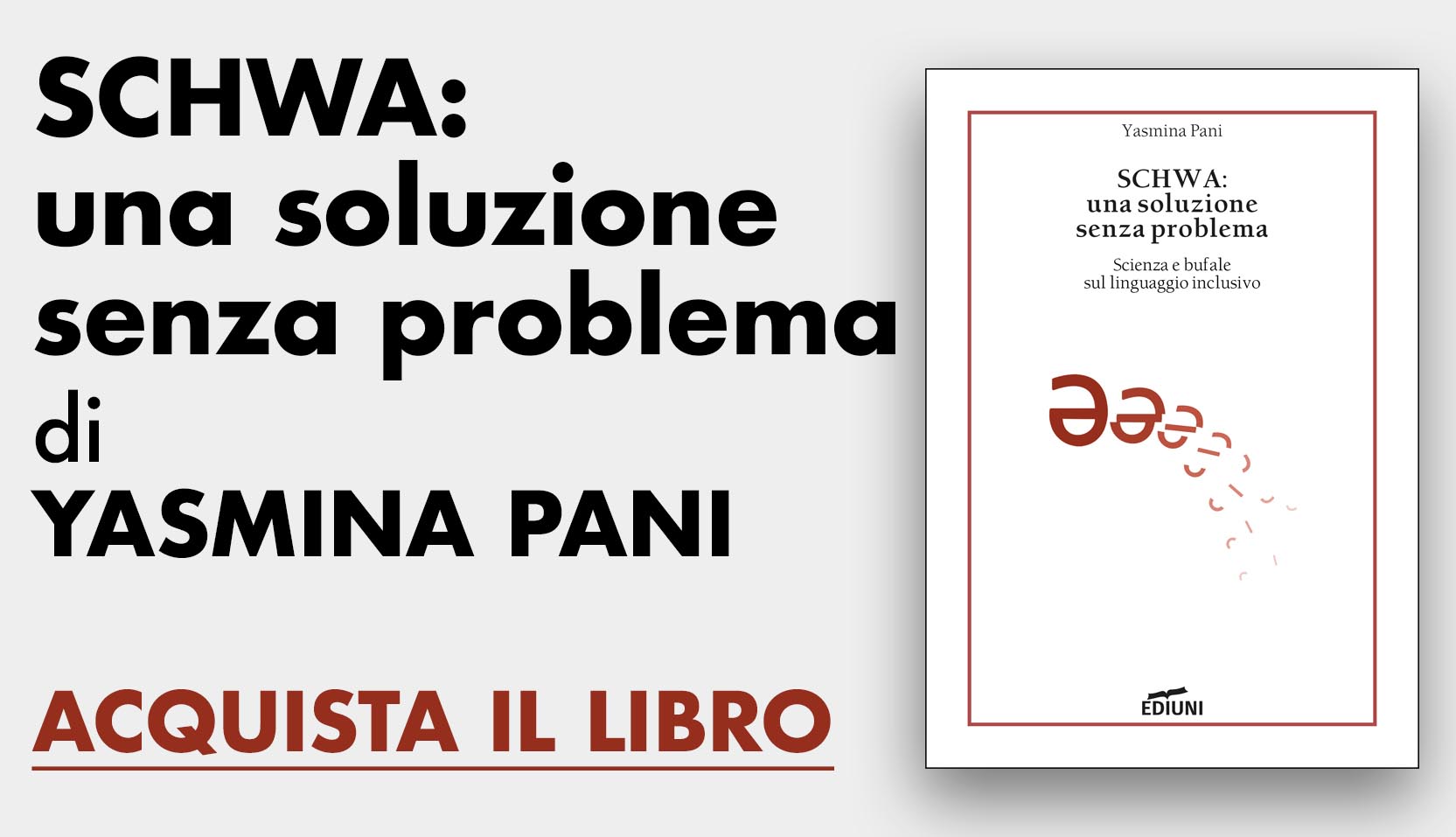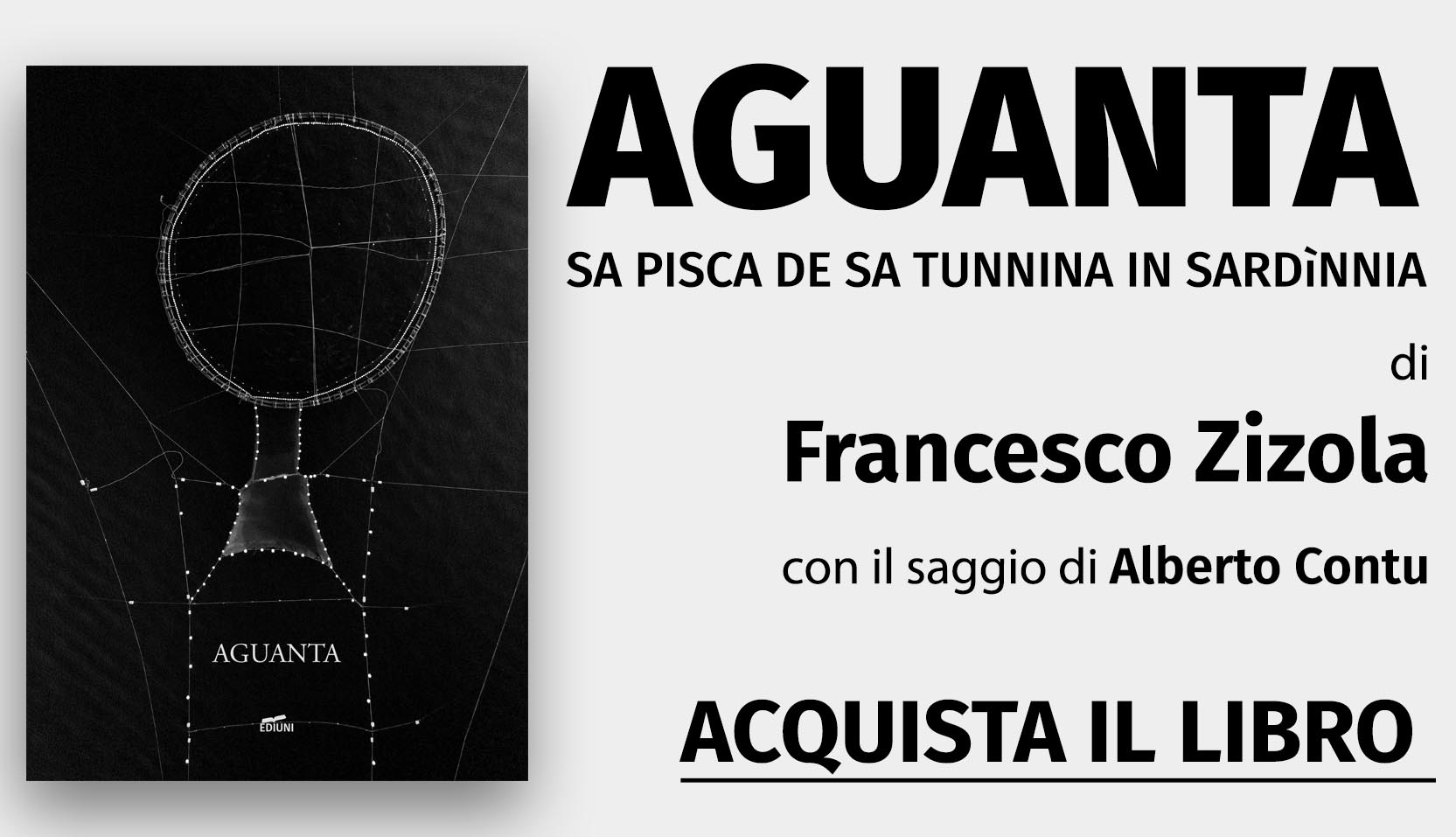Letter on Tradition – A clear answer
by Claudio Bonvecchio

To the many who reject or do not understand what Tradition is and what value it has as the fundamental centre of the Life of the Spirit, it is appropriate to respond with the appropriate clarity.
First of all, Tradition is not synonymous with passatism and conservatism: rather, it is the transmission of perennial values.
It is those values - such as essence, meaning, inner freedom, spirituality, transcendence, fullness, in a word, the Totality of Being - that modern and postmodern society have removed, putting in their place domination, confusion, nihilism, relativism, production, innovation, instability, possibility, outer freedom, precariousness and emptiness. Therefore, the values of Tradition - removed from individual and collective consciousness, but still existing - are presented as something that causes disturbance. They present themselves as something one would like to get rid of but, unable to do so, are experienced as a threatening, dangerous and looming presence: like a nightmare.
It is a nightmare of a psychological and/or spiritual kind, as it is taken for granted that Tradition can be considered as metatemporal.
Certainly, it can be considered “conservative”, without attributing to the term those negative, antiquarian, classist and totalitarian connotations with which it has, very often, been graced.
Tradition is “conservative” only insofar as it does not fear preserving and handing down, in an unbroken chain, the essential nucleus of what is present in myths, fairy tales, legends and the various religious knowledges. It is conservative in that it aims to keep alive and operative - in every person who wants it and thanks to the tension towards transcendence that characterises it - the eternal fullness and totality of the divine essence, as opposed to the only apparent realm of the world.
One can, therefore, define Tradition as the axiomatic and meta-historical doctrine that affirms, studies and practices the existence of an inner centre, in which the Totality of Being (the union of Microcosm and Macrocosm) is reflected in the Totality of the individual person and vice versa.
This centre - which is expressed in the concept of complexio oppositorum (or union of opposites) - coincides with the axial symbol or axis mundi that ideally unites heaven and earth, the Macrocosm with the Microcosm. But it also coincides with the image of that Deus Absconditus or Totality of Being of which everyone's being is, according to the levels expressed by an ascending scale, a participant and which can be considered as the mysterium tremendum et fascinans of human existence.
It is thanks to this centre - theophysical, theological and axiological - that humanity has historically been able to make the passage that has raised it from pure material being to its spiritual being.
A passage that each person - who desires it and follows the teachings of the Tradition - is able to go through in himself. It goes without saying that there is a difference of levels in the participation in Being and its Totality - embraced by the Tradition - and this implies that the hierarchical principle is fundamental.
It goes without saying that this principle cannot be related to any status such as family origins, wealth, age, education, power or anything else.
The search for Being in its Totality takes into consideration only the authority that can be obtained - by ascending and progressive degrees - through the acquisition of wisdom, the depth of reflection achieved through study, personal transformation and inner refinement.
This means that, in the thought of the Tradition, honour is one with fidelity to the quest implemented through and by means of the hierarchy.
Along with honour, central - for the Tradition - is the loyalty that distinguishes the crystal-clear action that respects one's own and others' convictions: at the price of any sacrifice.
In addition, traditional thought has the community as its elective and ideal place, insofar as it refers to union, to communion, to familiarity, which, in turn, imply a profound feeling of freedom, of belonging and identity, not detached from the spontaneous acceptance of a true hierarchy.
Freedom, belonging and identity, in turn, refer to the tension towards transcendence: one of the cornerstones of Tradition.
In this meaning of transcendence, the community - however it is constituted - appears as a "communio totius vitae" in which the person (the Microcosm) is united, symbolically, to the universe (the Macrocosm) and vice versa.
For this reason, the basic values of Tradition cannot be bent to any kind of desire for power or private interest.
Honour, courage, loyalty cannot be reduced to support any power or interest - whatever that may be.
The basic values of Tradition must be employed in defence of the right feeling, the freedom of the Spirit and the truth that is its bearer. The true adept of the Tradition, in fact, knows how to carefully separate what is contingent and transient from what belongs to the eternity of the Spirit and certainly does not sacrifice the latter for the former.
The teaching and practice of Tradition unify the great schools of antiquity with the modern ones that have remained faithful to Tradition and its esoteric and initiatory way: as is the case with Free Masonry.
Free Masonry which, however, is not the Tradition but participates in the Tradition, sharing its spirit and objectives. In this sense, the difference between the Heliopolitan Schools, the Pythagoreans, the Orphics, the Gnostics and the Free Masons is minimal. Common to them all is the return to the incorrupt unity of the Unus Mundus: the Totality of Being that can be accessed through the Traditional Initiatory Way.
It is the discovery of that complexio oppositorum in which oppositional duality is resolved in the mystery of Unity.
It is the mens dei et hominis that expresses - in the language of myth, of symbols and ritualisation, as well as by degrees and intermediate levels - the very dynamic of Being.
To this union of transcendence and immanence - the essence of the Esoteric Tradition - the person must return, discovering the ontological in the unknowable, the myth in thought, the light in the shadow, thus becoming a new “person”.
It goes without saying that the Esoteric Tradition cannot disappear.
The Tradition cannot be lost. It must not be lost, even if, today, it tends to hide itself in the "new catacombs" of the Spirit and dwells in the abysses of the heart: symbol of the Grail and very centre of Life.
Obviously, the Esoteric Tradition, at the present time, has distanced itself from today's reality and has taken refuge in the collective unconscious and in the sensibilities of a few Initiates as in a cave in which it keeps itself alive, sheltered from everything, and from which it can be reborn in all its strength and power. This does not mean that the Esoteric Tradition does not make its presence and voice felt - albeit indirectly.
From this cavern of the Spirit, the Tradition reveals its presence even if its message is not always understood in all its originality and in all its magnitude and is, for that reason, resisted.
Directly, it is only grasped by those - and among them certainly are the Free Masons - who are able to perceive its subliminal messages and inner fire, who are ready to accept its Magisterium, who are convinced that it points the way to Truth and Light, and who are not afraid to embark on a journey into the unknown.
To all of them, the Tradition offers difficulties and solitude, inner silences, arduous labours, a few but exceptional "travelling companions" and the sharing of a living Community of the elect.
The goal it points to is Truth and the Totality of Being.
Truth and Totality of Being that can only present itself to those who will accept to die in order to be reborn - like the mythical Phoenix - and to those who will work, assiduously, on their own perfecting.
Pavia, 15 January 2023
Claudio Bonvecchio

Devi accedere per poter commentare.


